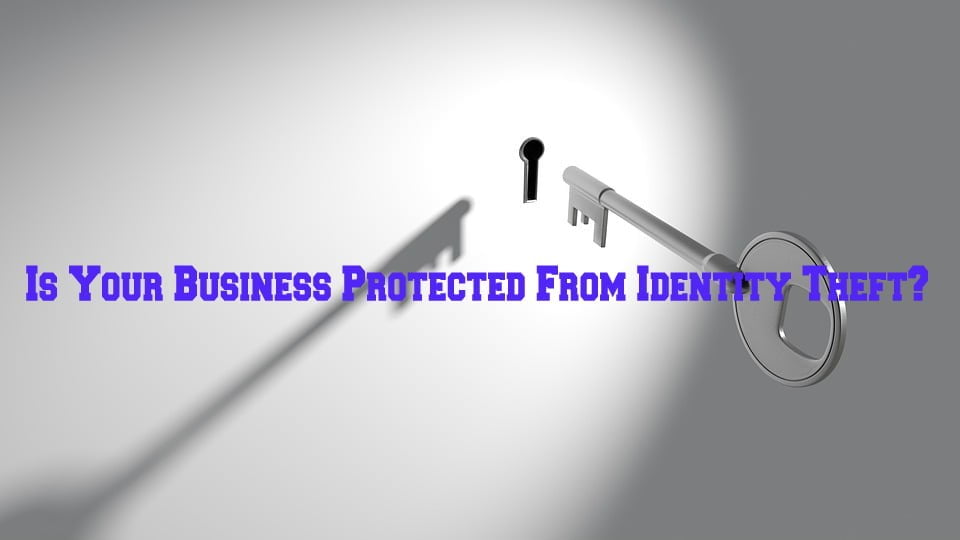Is Your Business Protected From Identity Theft?
by Mashum Mollah Small Business Published on: 09 March 2017 Last Updated on: 22 April 2019

If you run your own business – you’ve hopefully got security as one of your main concerns. However – you’d be surprised how many small and medium-size business owners take their online security for granted. It’s easy to keep your premises secure from “obvious” physical attacks like burglary – that’s why you lock the doors at night or employ security personnel. Online attacks like identity fraud are less obvious – and therefore harder to protect against.
Read also: High Tech Startup Lessons Every Business Owner Should Learn
This article is going to explore why keeping your business secure online is as important as securing your building and making sure your staff are physically safe.
Why is your business at risk from Identity Theft?
While most identity fraud is targeted against individuals, that doesn’t mean businesses aren’t at risk. Sometimes, security flaws are easier to spot in businesses that don’t have any one person in control of online security or even IT. While this might sound surprising, many small businesses aren’t actually that tech-savvy and don’t have someone in control of important things like cyber-security.
Identity fraud is especially common in businesses that run shared-computer services or work on public office spaces. Simple, old-fashioned snooping is still a tactic and can still yield results for identity thieves.
While you should make sure your IT network is secure, it’s also important that your staff keep their online activity secure even when they’re at home. If one of your employee’s identities get compromised, it could lead to implications not just for them, but for your business as well. You have to ask yourself what important data or access codes might be lost in that situation.
Some simple steps you can take to protect your business:
Following simple security common sense advice is the first step – but you’d be surprised how many people don’t. Make sure there’s someone in charge of IT security in your business. This is something most large companies take very seriously, but if you’re just a small operation with only a few members of staff, it’s not uncommon to leave things like this as an afterthought – especially if you don’t really operate in the IT sector. if you can’t afford to keep a full-time member of staff to run your IT security, there are a number of third-party operators who will do it for you.
Make sure your staff doesn’t stay logged-in on their computers when they’re not using them. Check your outgoings carefully and regularly. Many identity thieves still use methods like mail theft, so keep your mail secure and make sure you’re getting all the important documents you should be. If you need to know more about identity theft and how to protect yourself from it, check out this identity theft guide. It could be a good idea to get your staff to look at this so they know more about the methods thieves use and how to improve personal security against them.
Read Also:







































































































